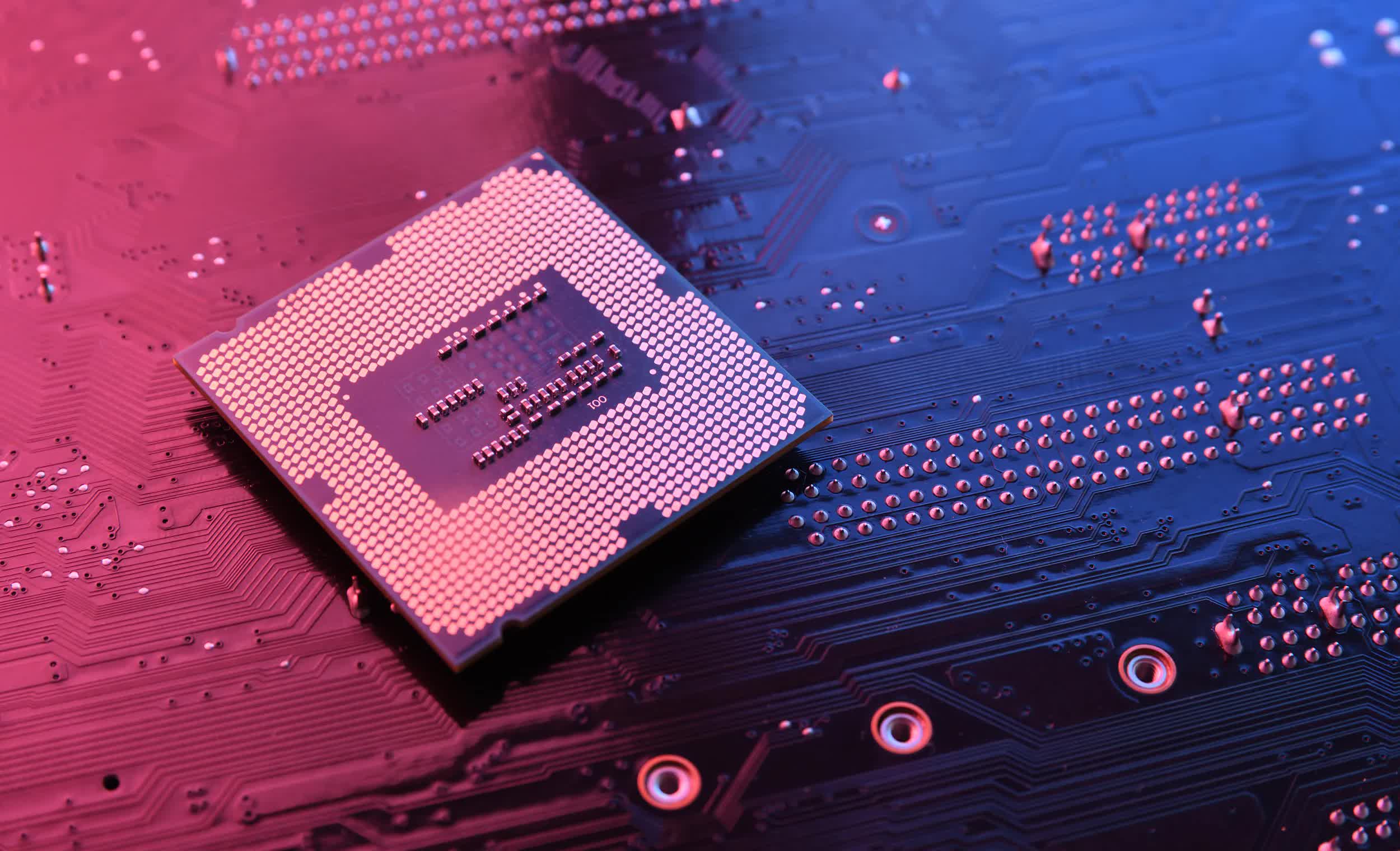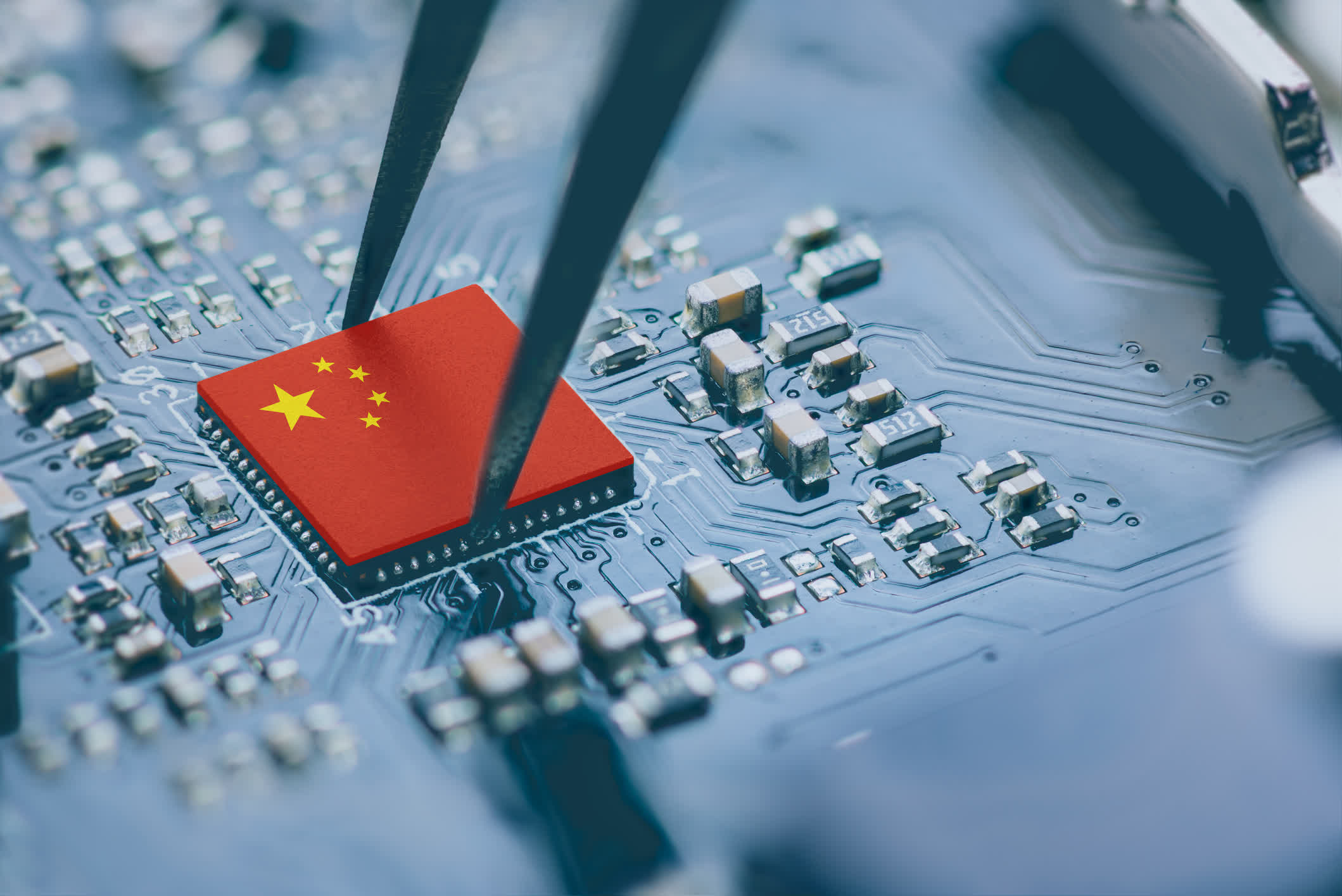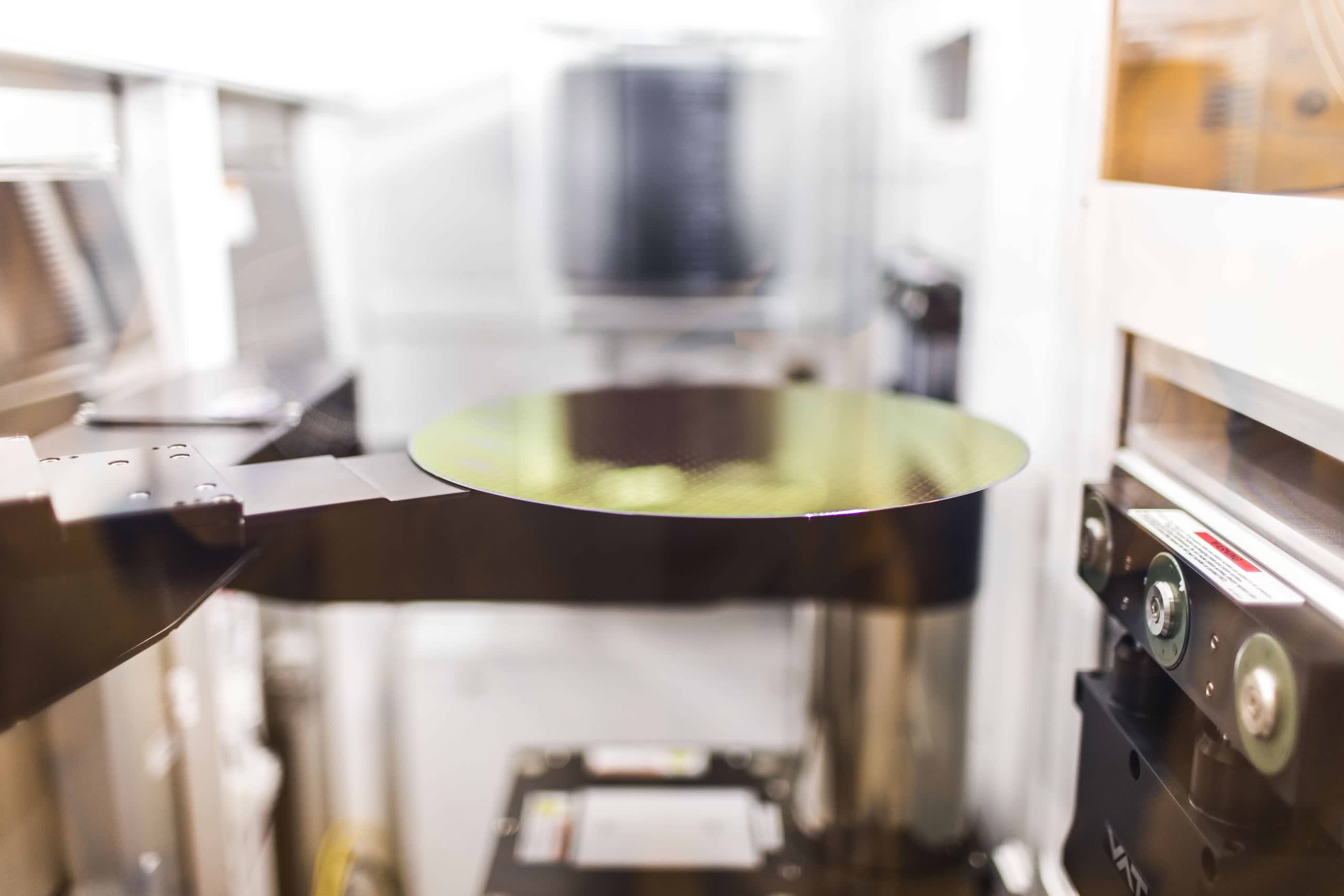In a nutshell: The United States says its mission to achieve chip supply chain independence is expected to take ten years. Nvidia boss Jensen Huang believes this is possible, with the caveat that it could also take up to two decades.
Speaking at the New York Times' DealBook Conference (via Bloomberg), Huang said Nvidia's success and its products are reliant on a myriad of components from other parts of the world beyond the essential manufacturing hub of Taiwan, home of semiconductor giant TSMC.
"We are somewhere between a decade and two decades away from supply chain independence," Huang said. "It's not a really practical thing for a decade or two."

Last August, President Biden signed into law the CHIPS and Science Act of 2022 – bipartisan legislation that invests $53 billion in America's semiconductor industry.
According to National Institute of Standards and Technology director Laurie E. Locascio, it's estimated that "within a decade […] America will both manufacture and package the world's most sophisticated chips." Ten years is the lowest end of Huang's estimate.
According to the US Chamber of Commerce (COC), while much of the CHIPS Act has focused on the $39 billion semiconductor incentive program, it also contains several other complementary and crucial programs that should be prioritized.
The COC states that a highly-skilled, experienced, and talented workforce is critical for the semiconductor industry. It cited a recent study from the Semiconductor Industry Association, which found that 67,000, or 58%, of projected new jobs may remain unfulfilled at the current trajectory. The COC added that funding for the science half of the CHIPS and Science Act should receive more priority.
In September, the Commerce Department released the final rule implementing the national security guardrails of the CHIPS Act. It expands a previous provision that prohibits fund recipients from expanding their semiconductor manufacturing capacity, which includes wafer production, in foreign countries of concern (such as China) for ten years. Recipients are also restricted from certain joint research or technology licensing efforts with foreign entities of concern.

Huang also spoke about China, which has seen updated export controls introduced by the US to prevent Nvidia's made-for-China A800 and H800 chips, as well as the RTX 4090, from being bought by firms in the country. Nvidia made new chips that comply with the latest restrictions, but the most powerful of these, the H20, has been delayed.
Around 25% of Team Green's data center revenue comes from China. During its recent financial call, there was a warning that sales to the Asian nation would decline significantly during the next quarter. When asked if Nvidia should keep doing business with China, Huang said: "We're a company that was built for business and so we try to do business with everybody we can. On the other hand, our national security matters and our national competitiveness matters."
Elsewhere during the DealBook Conference, Huang confessed to constantly worrying that Nvidia, valued at $1.19 trillion, will fail.
